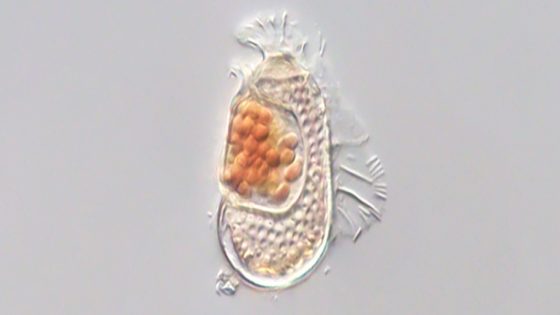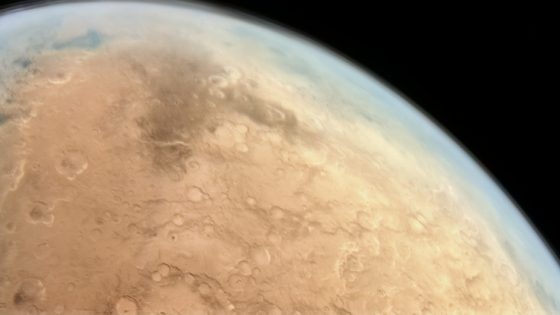NASA’s rover discoveries are reshaping our understanding of Mars’ history and its potential for life. Recent findings suggest that the Red Planet may have experienced brief periods of habitability, challenging decades of scientific speculation.
- NASA's rover discovers carbon-rich rocks on Mars.
- Evidence suggests Mars had liquid water.
- Potential for life was likely short-lived.
- Mars experienced periods of habitability.
- Sample return mission planned for 2033.
- Future exploration may change life theories.
On July 4, 2025, scientists revealed that carbon-rich rocks found by the rover indicate that liquid water may have existed on Mars. This discovery raises the tantalizing question: could Mars have once supported life?
While these discoveries are promising, they also highlight the transient nature of Mars’ habitability. The evidence indicates that any potential life was likely confined to short-lived “oases” amid a predominantly inhospitable environment. Consider these points:
- Carbon-rich minerals suggest past liquid water presence.
- Habitability may have occurred during specific, brief periods.
- Extended dry phases likely hindered long-term life evolution.
- Future Mars sample return missions aim to provide definitive answers.
As we await the Mars sample return mission in 2033, the quest to uncover the truth about life on Mars continues, promising to advance our exploration of the cosmos.
































